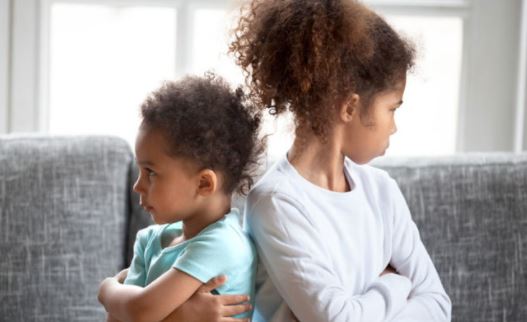Lifestyle
5 ways parents can prevent sibling rivalry

Being a parent is no easy task; you have to worry about so many different things, and it’s hard to keep track of them all.
One prevalent challenge for parents is teaching children how to get along. Sibling rivalry is an age-old issue, but there are ways you can help prevent these problems before they start.
Below are some tips on how parents can create a more harmonious household and ensure kids don’t grow up hating each other.
1. Be a model
The first step is to set a good example. If you constantly argue with your spouse or fight with your kids, they’re going to learn that this is how people interact. Try to be more positive and constructive in your communication, and show them that it’s okay to disagree, but ultimately everyone needs to get along.
2. Don’t yell
It’s not easy to get along when you’re living with someone 24/7. But, even if you’re in a bad mood, you don’t need to transfer aggression to your kids; as long as everyone is polite and respectful, no matter what the situation, your children will get along just fine.
3. Give encouragement
When your kids are fighting, it’s easy to criticize their behavior. But this never encourages them to get along more. Instead of admonishing one another for being annoying or mean, try giving some praise when they play nice together and have a good time doing something together as well.
You can encourage them by saying, “I’m so glad we played that game together; it was great spending time with everyone.” This will show how much you appreciate getting along instead of fighting.
4. Treat your children fairly
One of the leading causes of sibling rivalry is a feeling of inequality. If one child feels that they are constantly getting the short end of the stick, resentment will build, and problems will arise. Try to be as fair as possible when you’re doling out rewards or punishments, and make sure all your kids have equal opportunities in life. Try not to play favorites too often, so everyone feels like they’re part of the family.
5. Teach them how to apologize and forgive
No one is perfect, and everyone makes mistakes. Your kids will inevitably break some rules or hurt someone who cares about them at some point. When this happens, encourage them to take responsibility for their actions by apologizing instead of shifting blame onto others. This teaches them how to be accountable for their own behavior and to have empathy for others.







